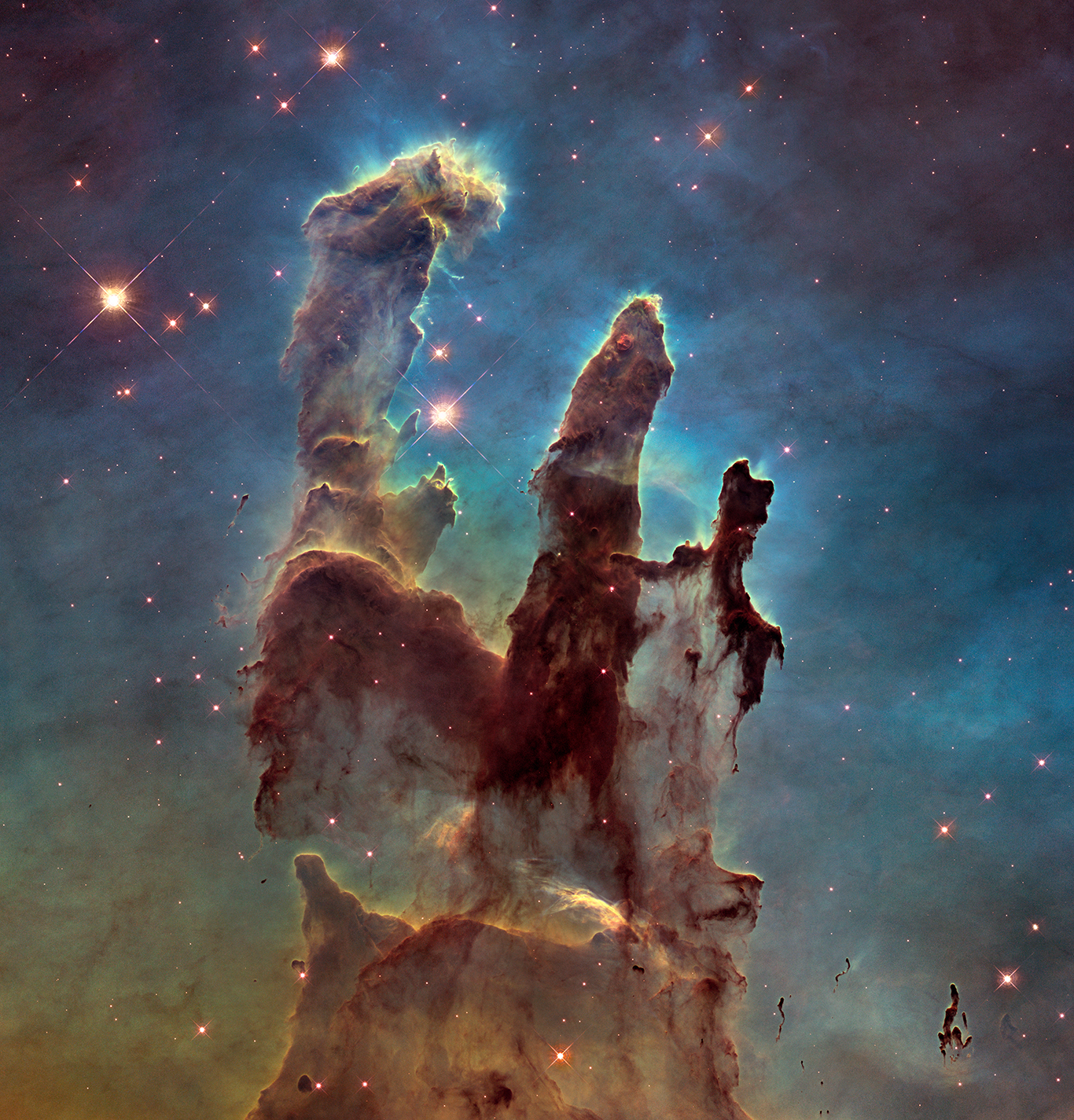As the world winds down for the holidays and eases into the New Year, I thought I'd give us all a break and look beyond all the challenges that the world faces today and that will continue to dog us in 2023, to focus on the good things that occurred in 2022. And there were many.
I'll start with a few on the geopolitical front, because they were the most dramatic, then get to some developments in our world of insurance:
No. 1 for me is embodied in the epic line from Ukrainian President Volodymyr Zelenskyy, who was offered a chance to be airlifted out of the country in the early days of the Russian invasion and responded: "I need ammunition, not a ride."
That's the kind of line a scriptwriter might have put in the mouth of Dirty Harry, not what you expect out of the untested leader of a country in Russia's shadow, and the remarkable performance by Ukraine's military gives me hope both that the mythology built around Putin will crumble and that China might even rethink what seem to be its plans to invade Taiwan.
(If you, like me, want to geek out on the technological underpinnings for Ukraine's surprising successes against Russia, I recommend this column by David Ignatius in the Washington Post. His on-the-ground reporting out of Kyiv shows that Ukraine is benefiting from Western technology and can wage "algorithmic warfare." Ukraine is amalgamating information from a vast array of satellites, drones and other sources on a single screen that lets its armed forces pinpoint targets rapidly and direct fire there, while Russia can't gather or process information nearly as quickly. If nothing else, the column by the always-interesting Ignatius dramatizes the power of real-time data analytics.)
No. 2 for me are two developments that push the frontiers of science far, far out into the universe and deep into molecular physics.
The new tool for understanding the universe is the $10 billion James Webb Telescope, which was launched a year ago and which began sending images back to us in July like the one below. It shows a formation known as the Pillars of Creation in the Eagle Nebula that is more than 6,500 light years from Earth and that gets its name because the clouds are giving birth to stars.

How cool is that?!
The Webb telescope has six times the light-collection area as the Hubble telescope, itself a remarkable achievement when it was launched in 1990. The Webb telescope has been placed in an orbit around the sun nearly 1 million miles from Earth (vs. 340 miles away for the Hubble telescope) and collects light in a different frequency, one that will provide a whole new look at the universe around us.
The development in molecular physics was the recent announcement that the Lawrence Livermore National Laboratory had achieved "ignition" in fusion — releasing more energy than was used in the lasers that blasted a pellet of hydrogen and produced a self-sustaining thermonuclear reaction like what happens in our sun. I've followed developments in fusion for decades and had subscribed to the line that our ability to produce energy from fusion was "30 years away... and always will be." The recent announcement marks the first time I've thought that the "and always will be" can be removed from that projection.
Making fusion practical will still take a very long time. Setting up a huge apparatus to create a reaction in one pellet is a far cry from being able to handle a steady stream of millions and millions of pellets, especially because thermonuclear reactions are notoriously unstable. But the announcement still marks a milestone on the march to what could be unlimited, clean energy. In the meantime, the development shows that the U.S. has a way to thoroughly test and maintain its arsenal of nuclear weapons even though the U.S. hasn't set one off in 30 years, as part of international efforts to ban "explosive tests."
No. 3 for me will be a bit controversial, because a lot of people got hurt, but I believe that the bursting of the cryptocurrency bubble has chased a lot of the craziness out of the market and set up the possibility for rational progress from here. I'm still not convinced that Web3, as many are calling the next iteration of the internet, requires cryptocurrency, rather than a radically more efficient way of handling fiat currencies such as the dollar, but at least we can now evaluate the alternative paths without the burden of all the speculative fervor.
No. 4 is the remarkable progress in what's called generative artificial intelligence — AI that can produce new content rather than simply analyze data and other existing content. I've written occasionally about the topic, including a piece back in May on capabilities for generating images based on brief text descriptions. But the progress didn't stop there. In particular, ChatGPT — a so-called large language model — has raised all sorts of possibilities for gathering and synthesizing information. Why get a bunch of Google hits about individual pieces of data when you can pose a question like I did — "Why is 'The Brothers Karamazov' the greatest novel ever written?" — and get this response, which I reproduce verbatim:
"The Brothers Karamazov is a classic novel written by the Russian author Fyodor Dostoevsky in the late 1800s. It is considered by many to be one of the greatest novels ever written and is often studied in literature classes around the world. The novel tells the story of the three Karamazov brothers and their tumultuous relationship with their father, as well as the impact of their relationships on their lives and the lives of those around them. The Brothers Karamazov is noted for its complex characters, philosophical themes, and exploration of deep, universal questions about faith, morality, and the human condition. It is a thought-provoking and moving work that has stood the test of time and continues to be widely read and admired by readers around the world. However, as with all art, opinions on the novel will vary and it is ultimately up to individual readers to decide whether they believe it is the 'best' novel ever written."
If you like, you can try your own questions here. You can then ponder, among other things, why many think college essays will soon go by the boards. I generally did well on college essays, but how do you top that for a summary?
Turning to insurance, my favorite development of the year is how advances in technology and innovative thinking by insurers has moved us more toward a "predict and prevent" model and beyond the traditional "repair and replace" approach. How much better off will we be if insurers can use their data, including that gathered from sensors in real time, and combine it with the industry's immense analytical power to keep many losses from ever occurring?
Here is an interview I did with Sean Ringsted, chief digital business officer at Chubb, that explores the possibilities. And you'll be hearing much more from me, and others at The Institutes, on the topic in the New Year.
Second for me is what I see as the more mature use of AI. Some day, AI may well make it possible to underwrite risks nearly perfectly and in real time. In the meantime, an awful lot was done this year by using AI to tackle more mundane issues: speeding the handling of claims, making underwriters far more efficient by gathering all relevant information and flagging issues before they even open a file, helping agents manage their schedules, letting workers' comp carriers triage cases and spot potential complications from the get-go, etc. That feels like real progress to me.
Finally, I'll applaud the progress on embedded insurance. It has always felt like a natural approach to me. Why make clients come to us to buy a product they often don't understand and maybe even resent having to buy, when we can make insurance a natural part of another purchase — of a car, a house, a piece of jewelry, etc.? We've published quite a bit on the topic, including this column, and you can be sure you'll see much more on the topic in 2023.
Yes, there are loads of challenges in front of us — still-high inflation, a possible recession, geopolitical uncertainty and on and on. But let's set those worries aside for now and try to appreciate the progress we made in 2022 despite plenty of similar obstacles that appeared in our way.
Enjoy the holidays!
Paul
P.S. Please share thoughts on what I missed in terms of progress in 2022, especially on the insurance front.


